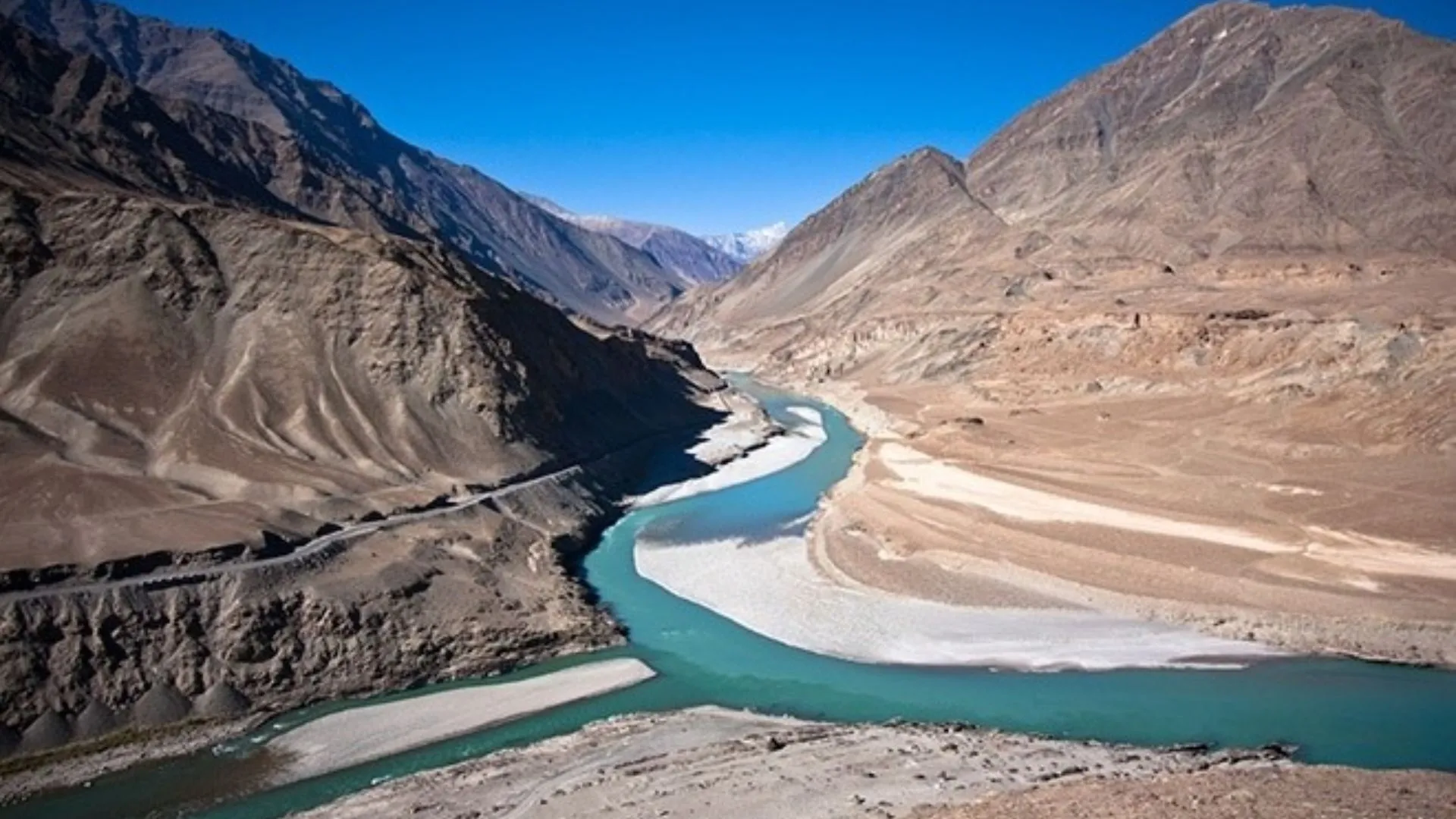India officially turned off the diplomatic tap yesterday, suspending the decades-old Indus Waters Treaty in response to the brutal terror attack in Pahalgam. On Thursday, Jal Shakti Ministry Secretary Debashree Mukherjee shot off a letter to her Pakistani counterpart, Syed Ali Murtaza, stating that “the Indus Waters Treaty 1960 will be held in abeyance with immediate effect.” The message landed with the force of a geopolitical cannonball. Government sources confirmed the decision and said it follows “fundamental changes in the circumstances” since the treaty was signed. The move signals a strategic tightening of India’s stand on cross-border terrorism.
The Letter That Shook the Riverbanks
The official communication didn’t mince words. India informed Pakistan that it’s time to pause and reassess the treaty’s terms, given the changed reality on the ground. The letter referenced obligations under various Articles and Annexures that now demand reconsideration. Signed in 1960 after nine years of water diplomacy (and plenty of arm-twisting), the treaty had weathered wars and political storms. But not this time. With terror spilling across the border, New Delhi decided it’s time to put water-sharing goodwill on hold. The World Bank, a co-signatory to the deal, has yet to respond.

From Ceasefire to Cutbacks: India Rolls Out Diplomatic Firepower
The decision comes on the heels of a high-level security huddle at the Ministry of Home Affairs following the April 22 attack in Baisaran, Pahalgam. Terrorists killed 25 Indian nationals and one Nepali citizen, injuring several others. In response, the Centre launched a flurry of diplomatic countermeasures. It shut the Attari Integrated Check Post, suspended the SAARC Visa Exemption Scheme, and ordered Pakistani diplomats to pack up within 40 hours. Defence, Navy, and Air advisors from both sides were told to step down. Message received? Loud and flowing.
#WATCH | Ramban, Jammu and Kashmir: India suspends Indus Waters Treaty with Pakistan in the wake of #PahalgamTerroristAttack
Advertisement · Scroll to continueVisuals from the Baglihar Hydroelectric Power Project built on the Chenab River pic.twitter.com/A9hFUAZlCA
— ANI (@ANI) April 24, 2025
Treaty Timeline: From Trust to Tension
The Indus Waters Treaty split the river system—India got the eastern rivers (Ravi, Beas, Sutlej), while Pakistan got the western ones (Indus, Jhelum, Chenab), with India allowed limited use. For 64 years, the treaty stood tall—until yesterday. Now, with tempers high and trust low, India’s move adds another ripple to already stormy waters. Whether this is a permanent break or a temporary dam remains to be seen—but for now, the water diplomacy has run dry.
(With Inputs From ANI)























